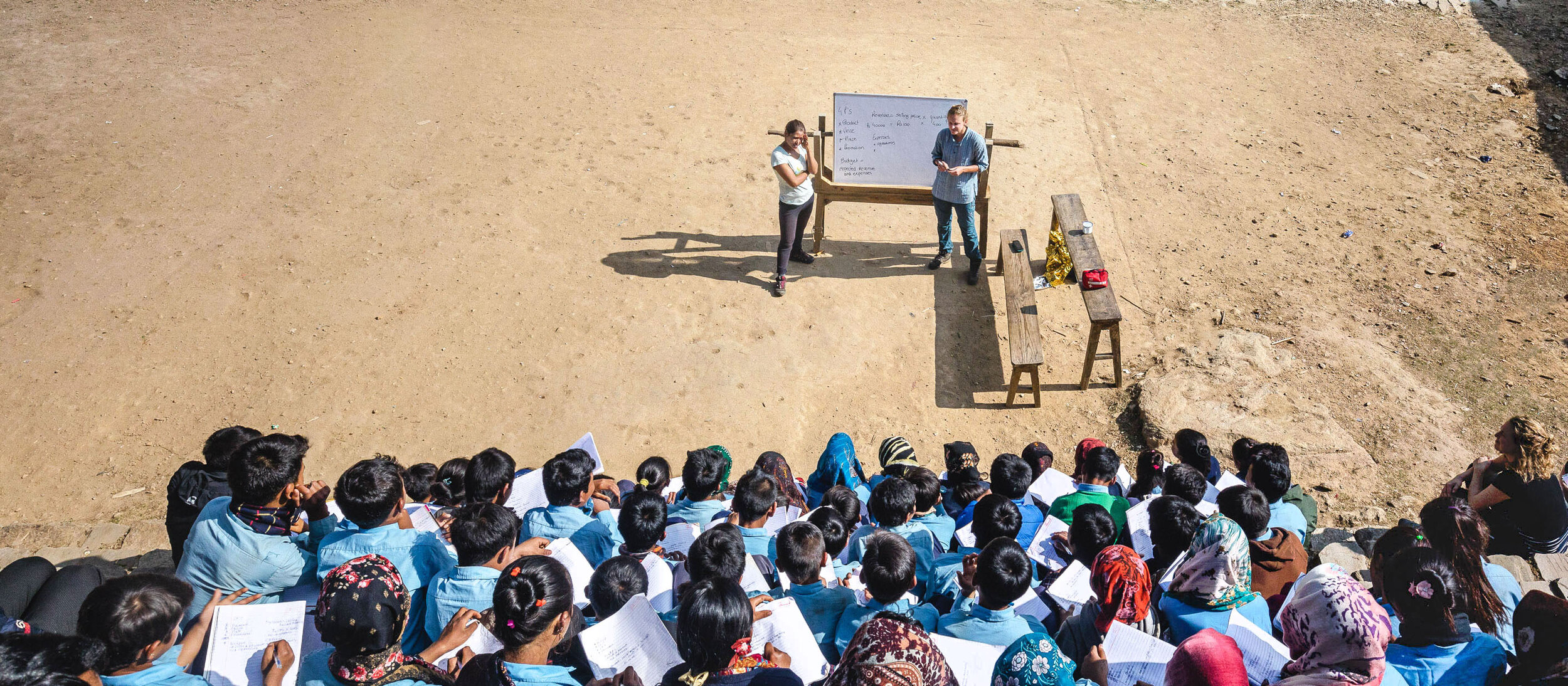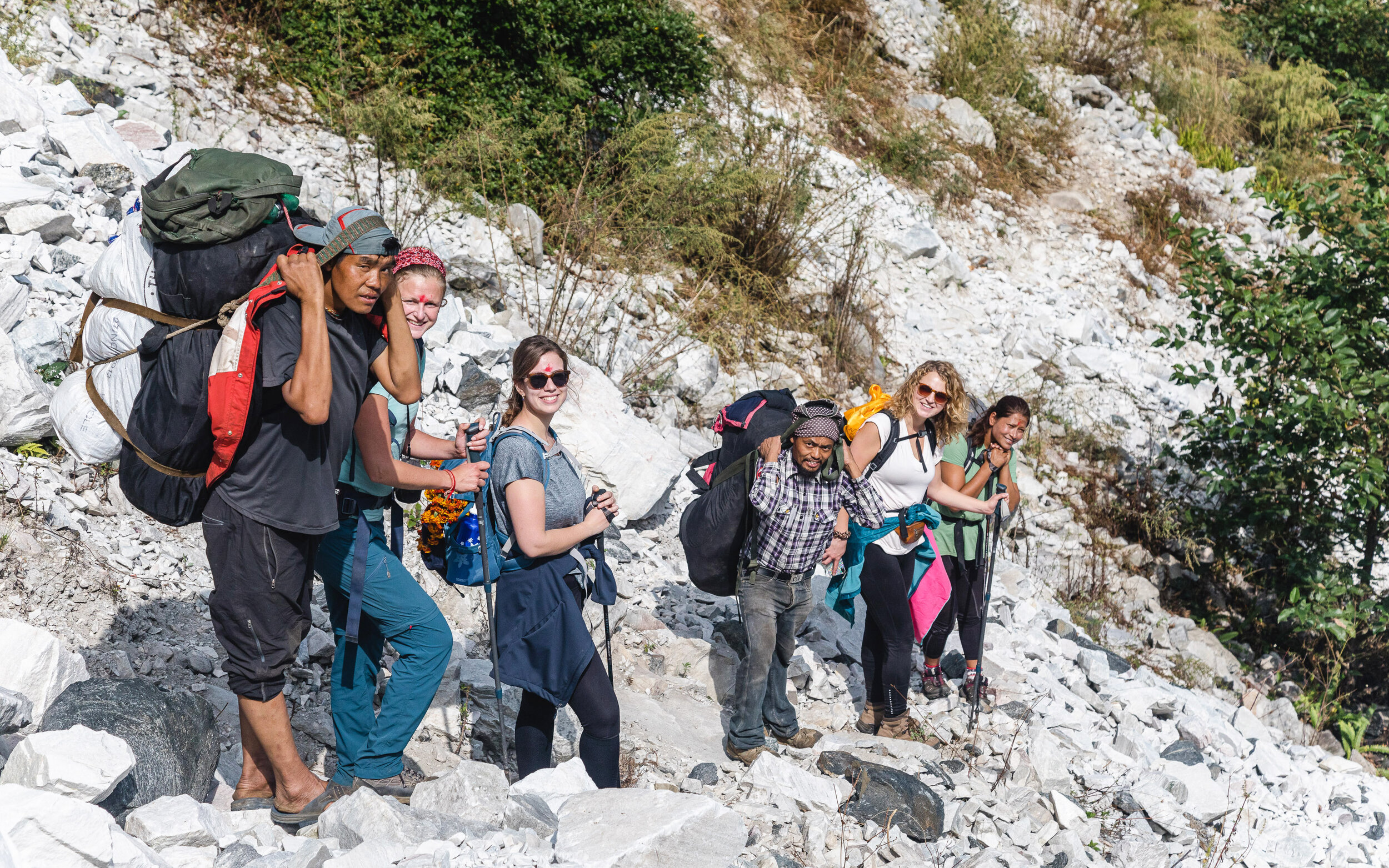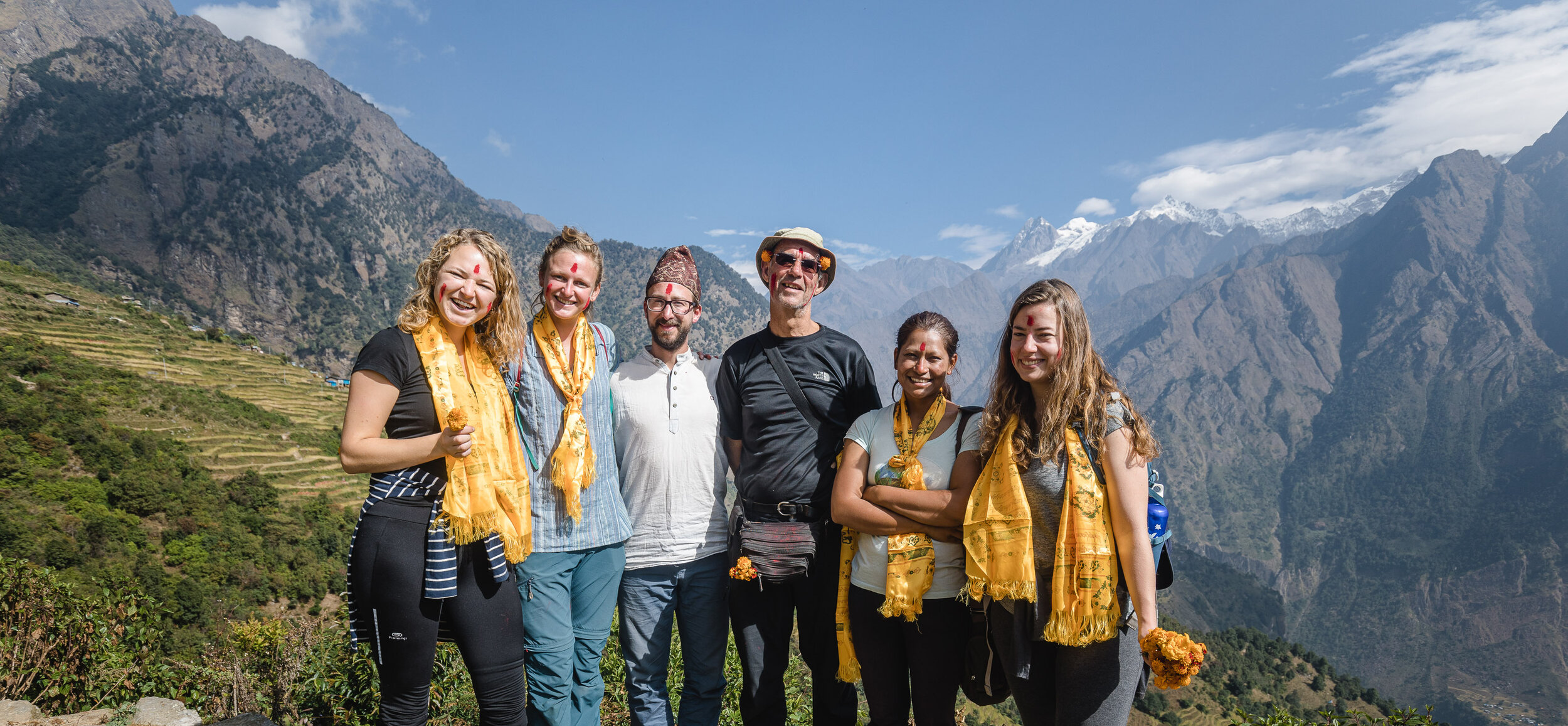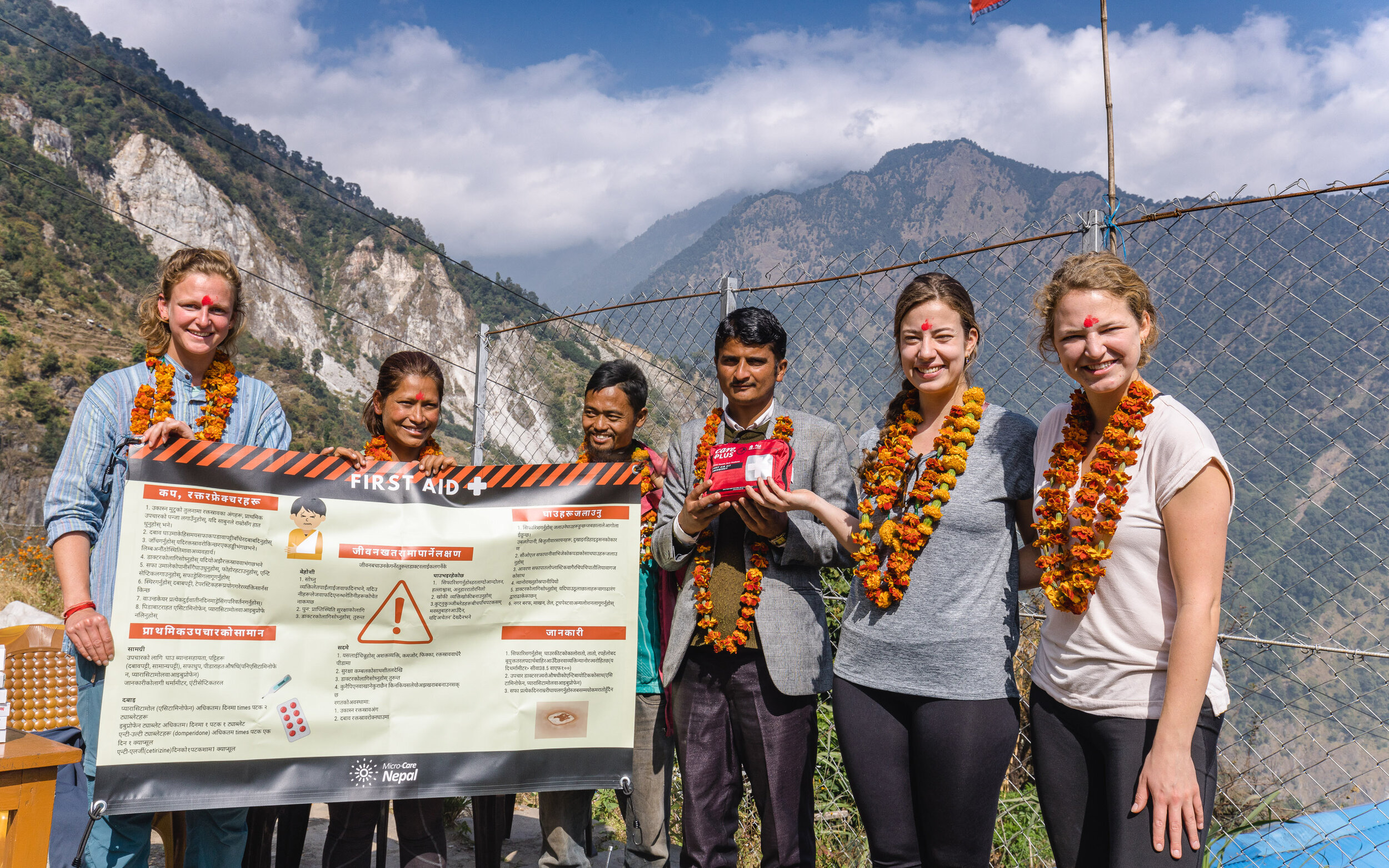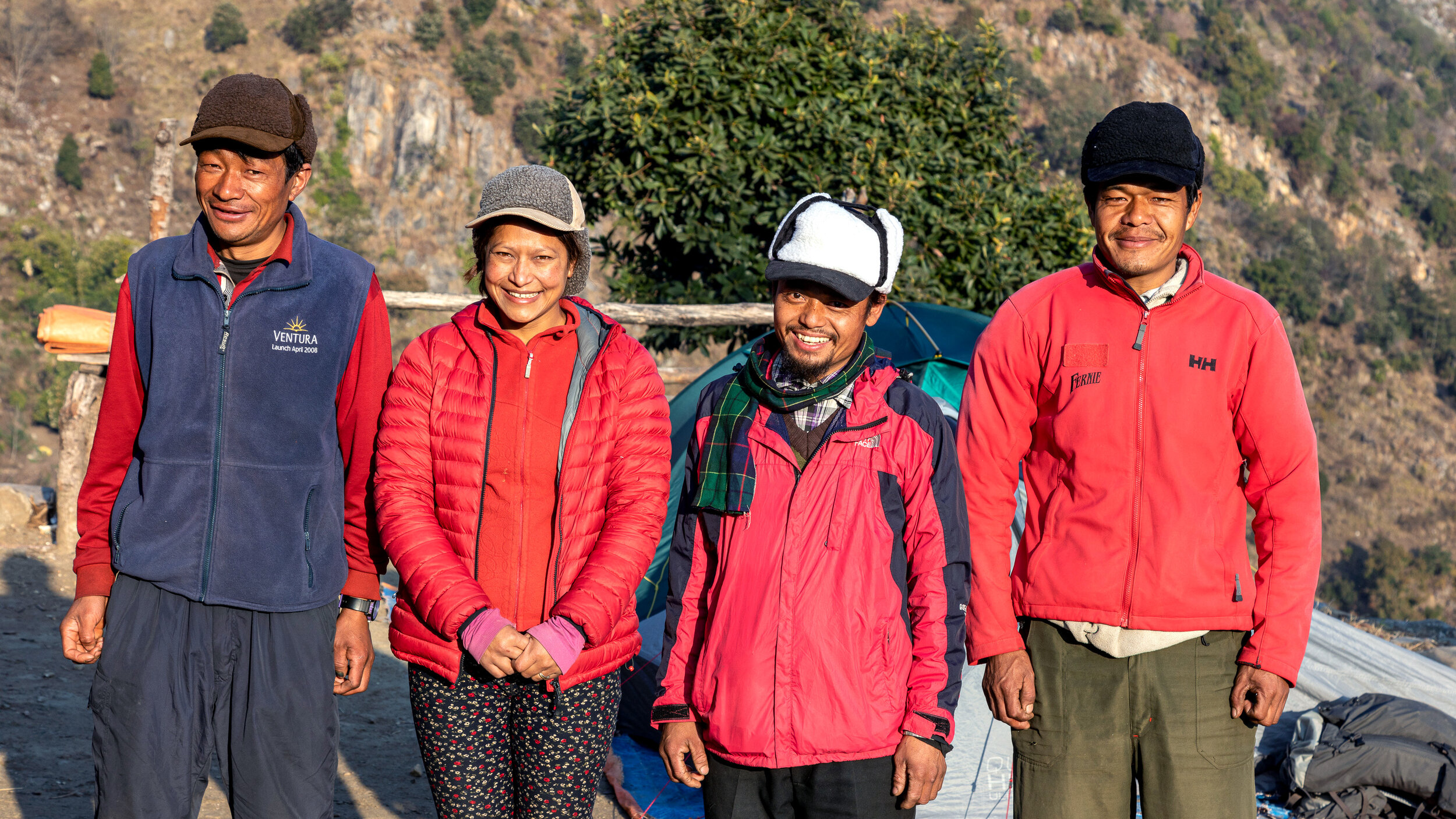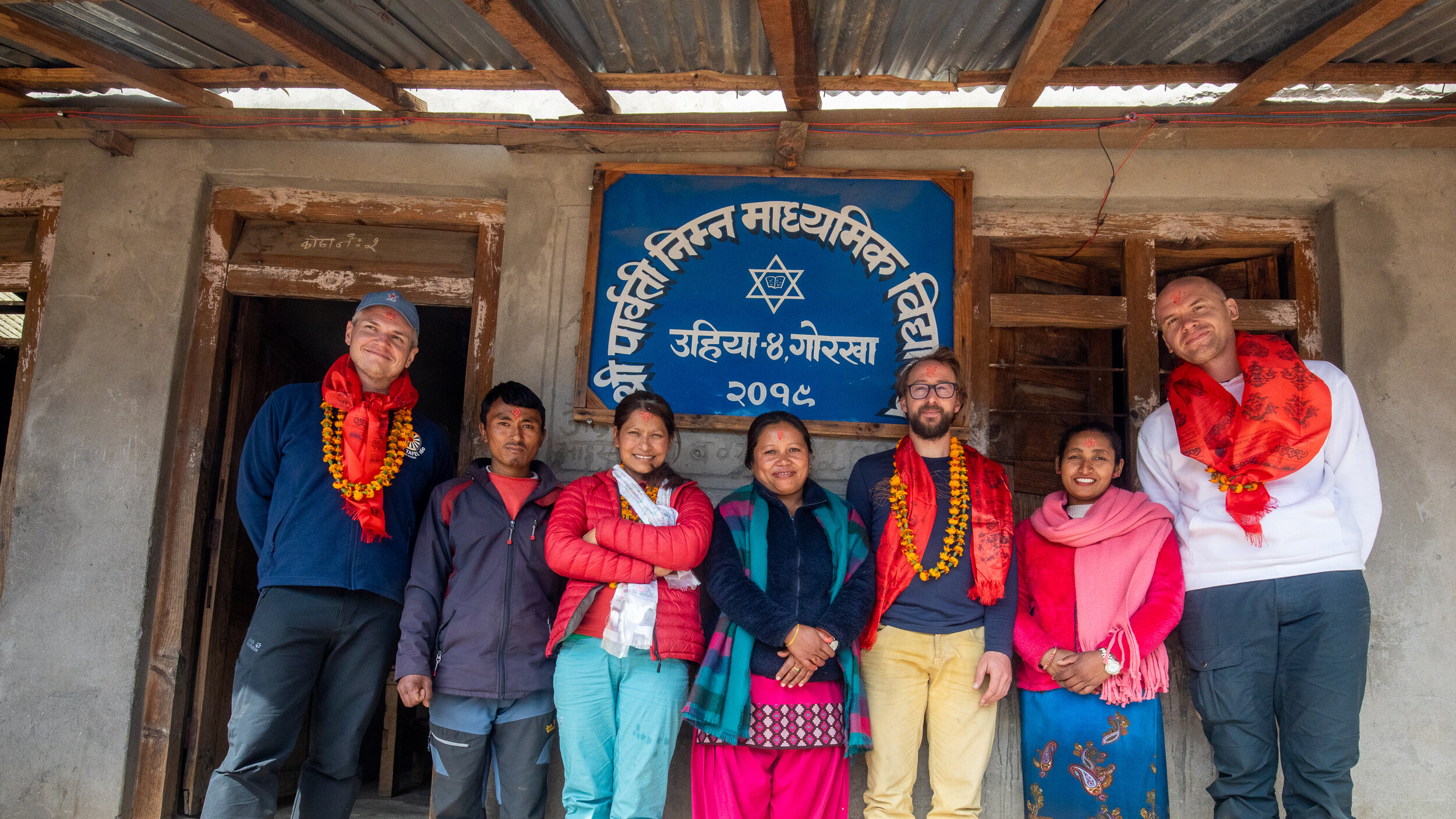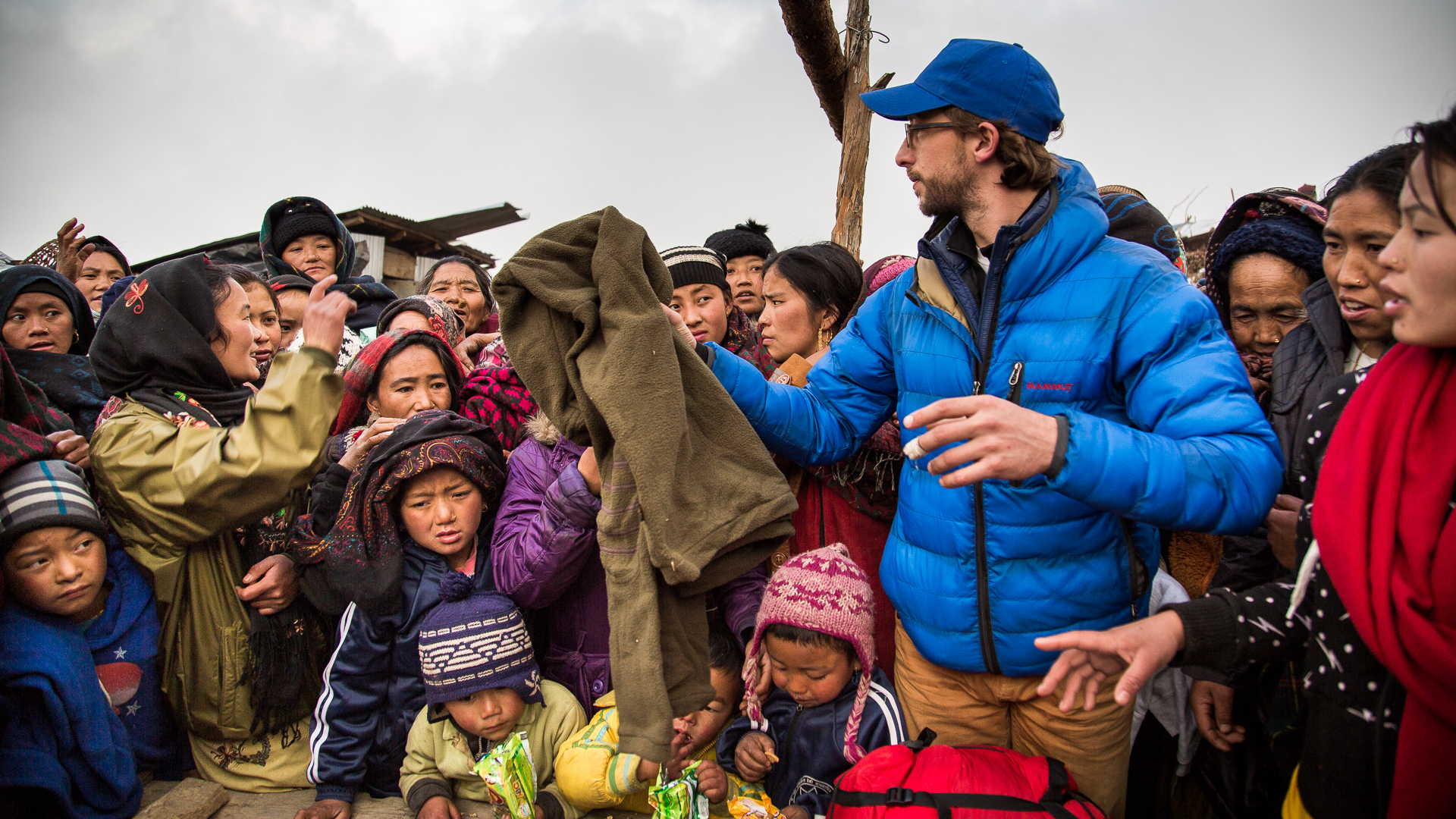Stichting MICRO-CARE NEPAL
Micro-Care Nepal ondersteunt in Nepal in een veelzijdigheid aan projecten. Deze projecten richten zich op de meest noodzakelijke hulp zoals ondersteuning in kleding, voeding, educatie en gezondheid. We doen dit op een duurzame manier en zo dat de lokale bevolking onze initiatieven zelf voort kan zetten. Ook doen we dit zo veel mogelijk met de inzet van vrijwilligers zodat onze donaties direct ten goede komen aan de projecten in Nepal.
Missie
De kansarme en/of uit de lagere sociale klassen afkomstige bevolking van Nepal helpen tot ontwikkelingen, binnen de samenleving of ontwikkelingen van het individu, te komen. Belangrijk is de klassenindeling te doorbreken en onafhankelijk hiervan talent een kans voor de toekomst te geven.
Visie
Met een veelzijdigheid aan doelgerichte duurzame projecten richten we ons op de ontwikkeling en zelfstandigheid van het individu. Hierbij staat centraal het bevorderen van de uitwisseling van kennis, ervaring, creativiteit, kritisch en oplossingsgericht denkvermogen om van hieruit de eigen ondernemendheid en initiatieven te vergroten.
Bijzonder aan onze opzet is dat jij als donateur of sponsor zelf kunt kiezen voor welk van onze projecten we jouw donatie gebruiken.
Bankrekening nummer : NL20 INGB 0006 9530 08
T.n.v. Stichting Micro-Care Nepal
K.v.k. nummer: 63462850 || Fiscaal RSIN nummer: 8552.46.832
Micro-Care Nepal heeft een ANBI status dus donaties zijn onder voorwaarden aftrekbaar bij de belastingdienst.
Het Team
WILFRIED VAN DEN BOORN
(voorzitter)
Has been visiting Nepal regularly since 1996. After the two devastating earthquakes that shook Nepal he felt the urge to do something more than just visit and leave again. It seemed a logical step for him to give something back to the people of this beautiful country. The principles of the foundation corresponded with his opinion that it should be run only by volunteers. It took him little consideration to agree to taking a place on the board.
In his daily life he is an artist making oil paintings. Take a look at his work on his website: www.wilfriedvandenboorn.nl
PIM HORVERS
(Secretaris)
After the earthquakes of 2015 Pim got the opportunity to start Micro-Care Nepal with gifts from his friends and family. He fell in love with Nepal after his first visit with his friend and co-founder Wilfried. Seeing a lot of poverty in the remote area's made him aware of his desire to help out and try to give people a better life. This with the believe that the children are the future and investment for the future should go at least to developing the education in Nepal.
In his daily life he is a photographer of various subject but mostly human related. The photos and videos on the Micro-Care Nepal website are part of his contributions. More of his work can be seen on: www.pimhorversphotography.com
Samjhana Bishankhe
Samjhana grew up in a village in the Kathmandu Valley just outside of the city, so she knows about both village and city life. While studying for her Bachelor of Sociology, Samjhana had many different kinds of jobs but all in the social field. Samjhana is aware of the problems facing her country and is determined to help the poor, the socially marginalised and the dispossessed.
“It’s great to be able to do something for my country by supporting the poor people. Unfortunately, there is still much caste discrimination in Nepal. Dalits are not only discriminated for their “untouchable” status, but they're also economically marginalised. We need to do something about this. Education is not really developed in either the Dalit community or many mountain villages and this needs addressing too. Systems of bonded labor, Haliya Pratha in the hilly region and Kamaiya Pratha in Terai region, are still alive. These people work as slaves in rich people’s homes. While some bonded labourers have been given land through government rehabilitation programs, many remain trapped in the Haliya and Kamiya systems, generation after generation. We need to raise awareness amongst these modern day slaves and in particular provide assistance and encouragement to them to educate their children. I really like to study and help the core part of Nepali society. Micro-Care Nepal is setting a fine example of the way to do this.”
Yogendra Bishankhe
As a doctor and beeing our brother in the family Yogendra or as we mostly call him Yogi has been a great support for our medical related projects. After his 5 year study and graduation in Bangladesh he returned to Nepal to work there as a medical officer. He could provide information for the First-Aid trainings and could add value in situations we had to observe and judge on medical issues that we encountered on the way in the remote area’s of Nepal.
As soon as we would have phone network we consult with him about what steps to take to resolve certain health problems. Bringing patients over to Kathmandu he has been a great help to get the patients quick acces to hospital care and has been doing wound treatments for us from our home. The Medical Cases project wouldn’t be so successful without his involvement and careful advices.
Aita Gurung
Maintaining life in Nepal is not easy. After having a family Aaita had to make the decision to go to Malaysia to work there and earn a living for his family. Working conditions where very poor and hard but in poor families there are no options.
“In Nepal it is difficult to earn enough money to have a sustainable life and feed your family.”
After meeting Samjhana he was inspired by her to use the fruit that grows in the mountains to make jam. Now he is selling this jam to create some extra income. Aaita is glad to support the projects that Micro-Care Nepal started in his village of Laprak and in other surrounding villages. On many of our trips he joins us for carrying material and making arrangements for our projects.
Ekaraj Jamarkatel
I got introduced to Ekaraj by my friend Rohit Phuyal when visiting his birthplace Necha in SoluKhumbu. He is the principal of the Shree Secondary School and beside this his family will allways welcome us at their house and give us a place to stay in Necha. After his first international visit to Japan he is constanly thinking about how to develop the education en environement for this students.
“Because of the new study materials provided by Micro-Care Nepal we can develop our education. It gives the students a more modern way of learning and contributes to the posibilities for their future.”
Ekaraj Sir contributed to our garbage project by composing a song with a group of vollentairy students about their obstructions towards the increasing garbage in their village. They paraded with microphones and speakers along the bazar in their village singing this song.
